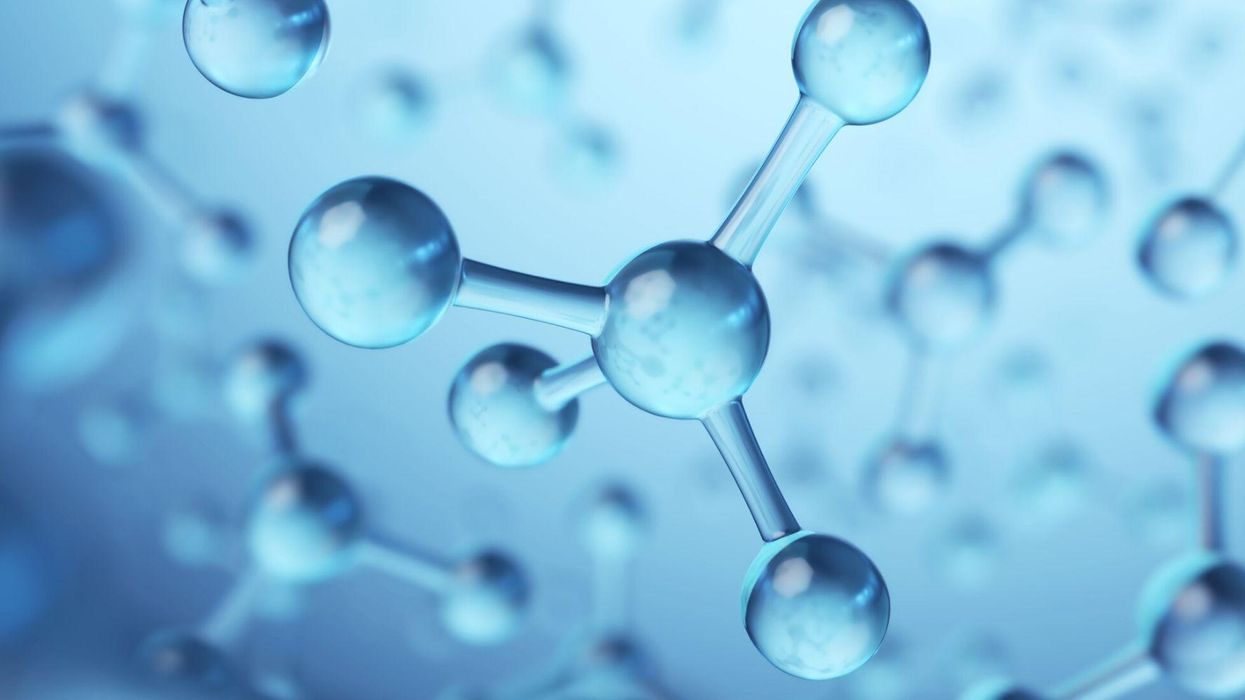
Scientists have just discovered an organism that doesn’t actually need oxygen to live.
Researchers at Oregon State University's Department of Microbiology discovered the tiny parasite (known as H. salminicola) that lives in the tissue of salmon and ‘steals ready-made nutrients’ instead of consuming oxygen.
Stephen Atkinson, senior research associate said:
When we think of “animals”, we picture multicellular creatures that need oxygen to survive, unlike many single-celled organisms including protists and bacteria. In our work, we have shown that there is at least one multicellular animal that does not have the genetic toolkit to use oxygen.
The organism doesn’t breath and has dropped its mitochondria (which converts food into energy in most organisms) genome entirely.
Atkinson added:
By losing the genome, the parasite is saving energy by not having to copy genes for things it no longer needs.
The discovery has opened up the possibility of even more organisms that don’t need oxygen to survive.
For clarification, fish breathe oxygen when water (H20) passes through the fish’s gills.
The dissolved oxygen moves into the blood and travels to the fish's cells.
Hopefully this new discovery *breathes* new life into research in this field.
H/T: CNN













